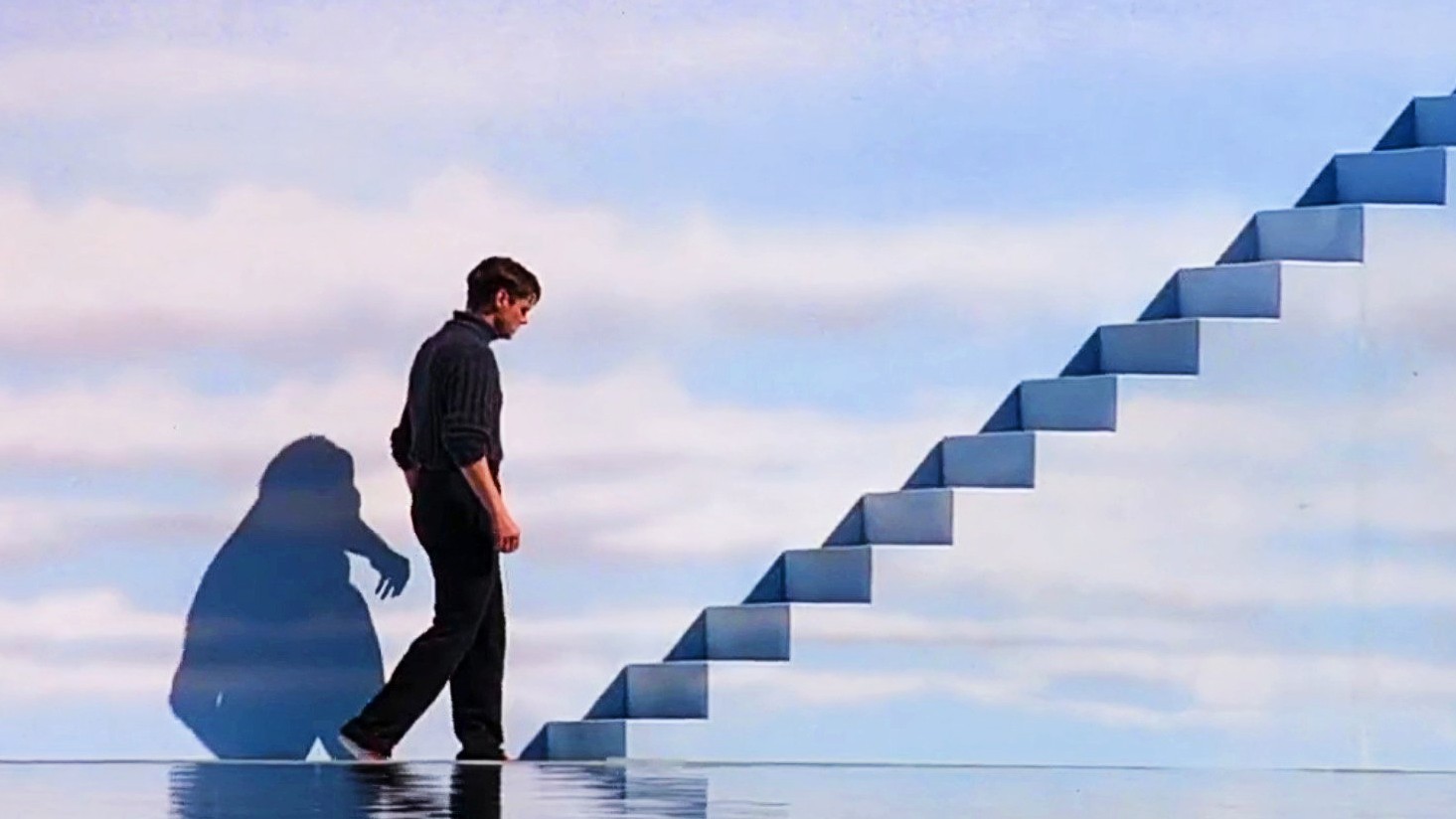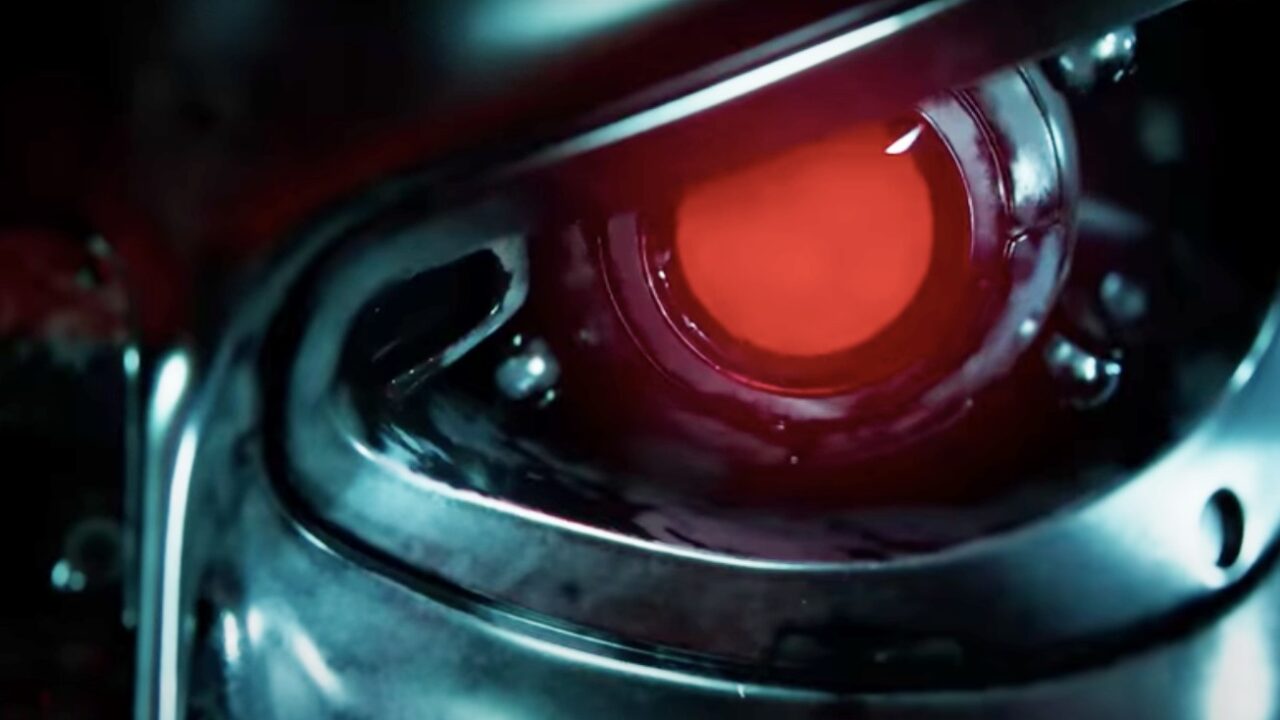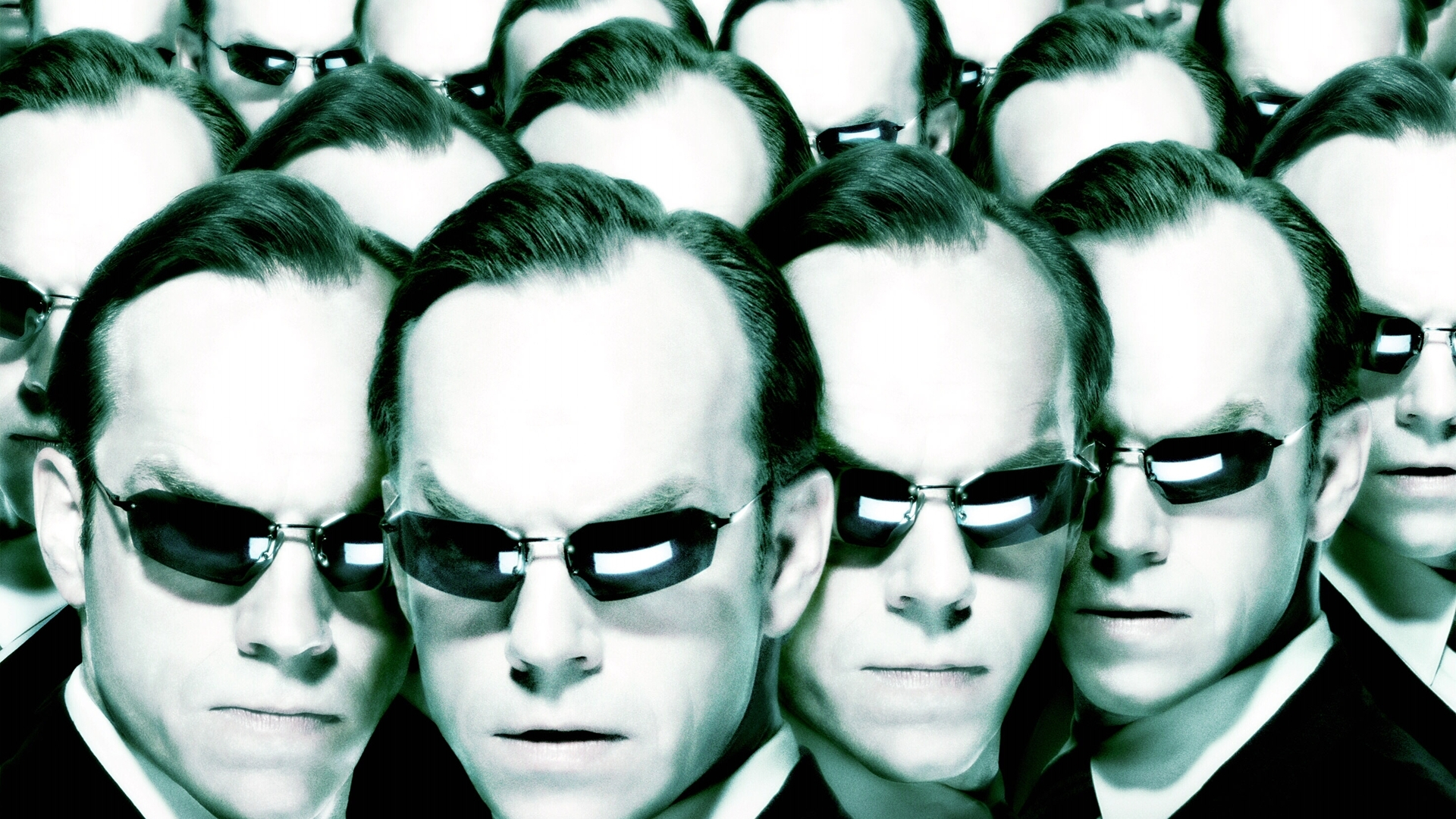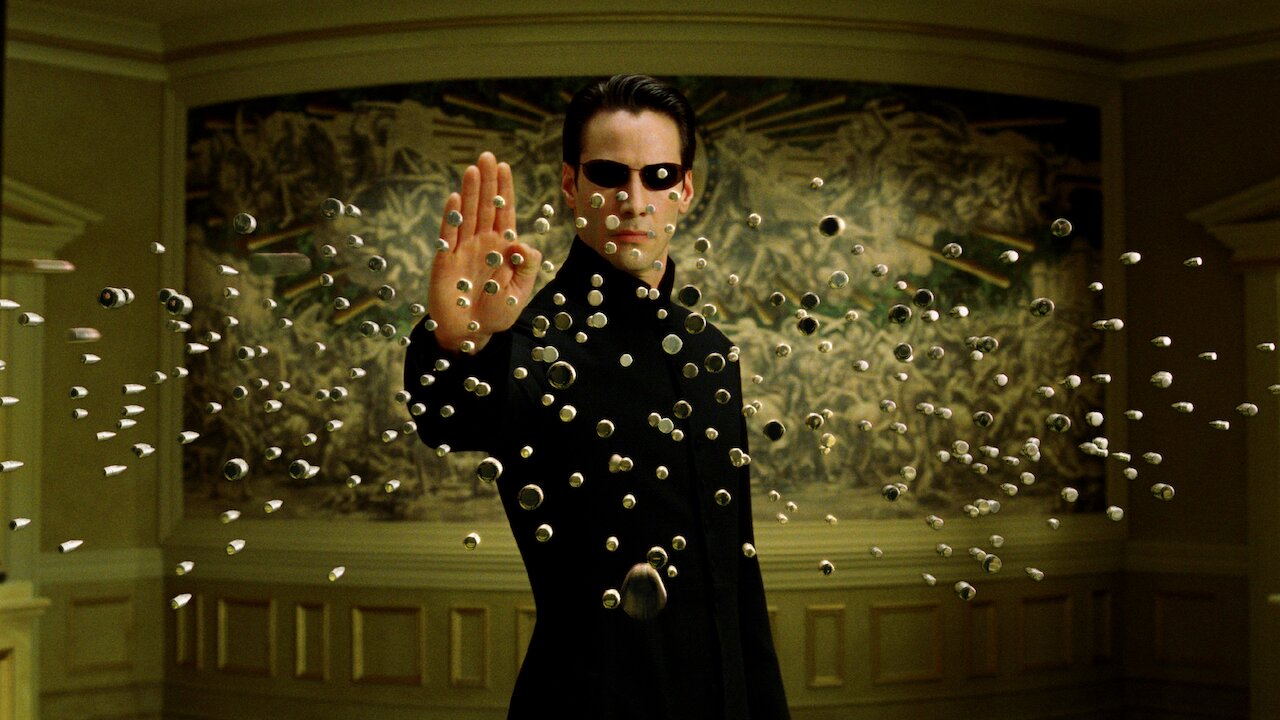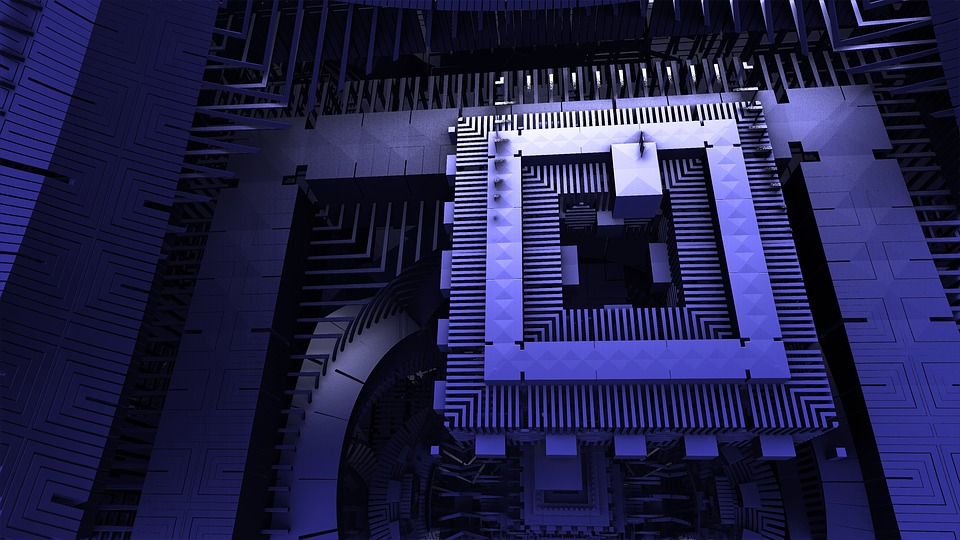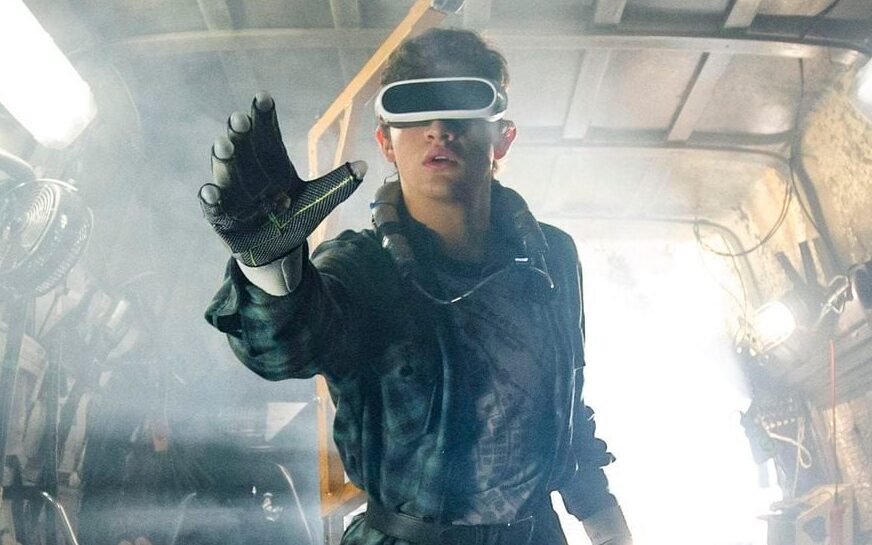Simulation Theory
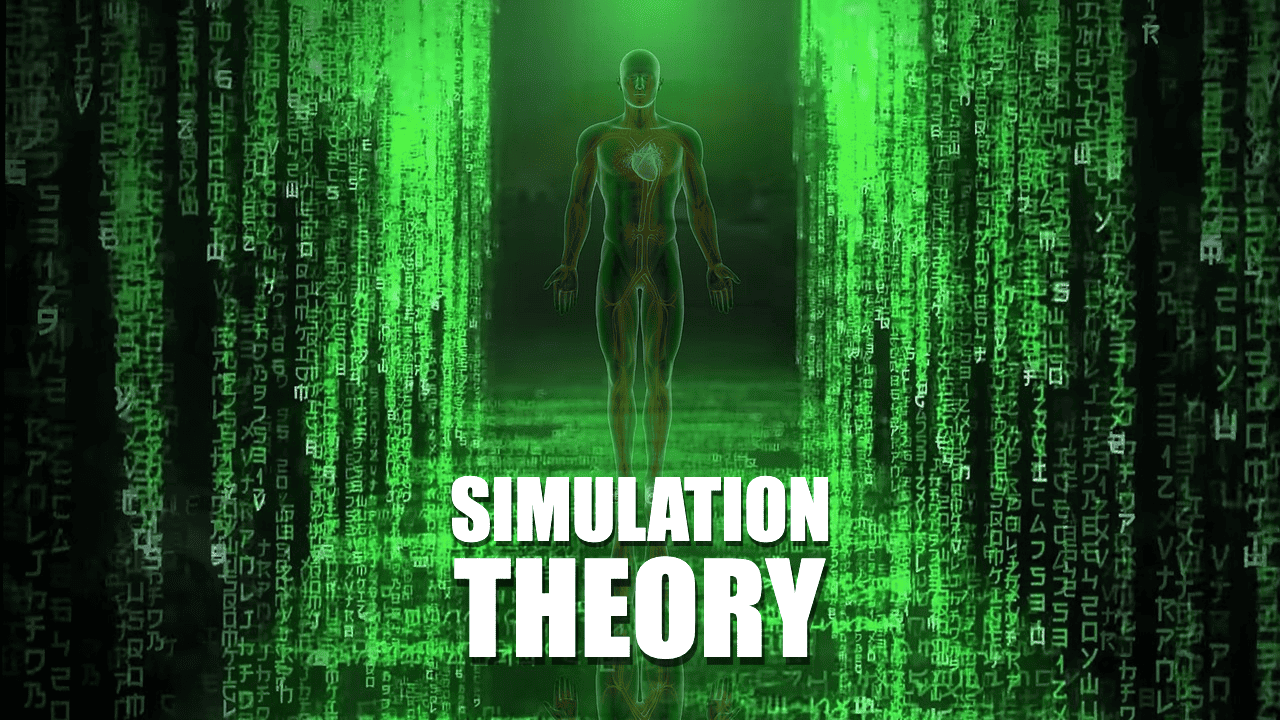
- Theorist: Nick Bostrom
- Related Topics: The Matrix, Artificial Intelligence
The Simulation Theory (also known as the simulation hypothesis) is one that suggests all reality, including Earth and the surrounding universe, is actually an artificial simulation.
Imagine you and everything in your world as a giant video game played by unknown entities and you’ll start to understand what the idea behind the simulation theory is all about.
It’s not like Neo in The Matrix, because in the Matrix you’re a real person being projected into a virtual world. In a Simulation Theory, there is no real person, only a simulation. You’re more like Agent Smith than Neo. If you’re reading this right now, then that Agent Smith-like simulation is you.
Is the life we are living real? Are the stars, the planets, the universe, and everything else we can see and touch tangible? Or, perhaps, are we like all the characters we see in a video game – are we actually living in a simulated world?
The initial thought of actually living in a simulation may sound comical to some, but it is a thought that many high-profile pundits have been debating for some time. And in some sense, it’s more than just a debate. Many believe there’s actual proof – mathematical and experiential – that we are indeed living in a simulation.
Simulation Theory proponents believe we aren’t humanity but actually a “simulanity”.
Proof That Simulation Theory Is Real
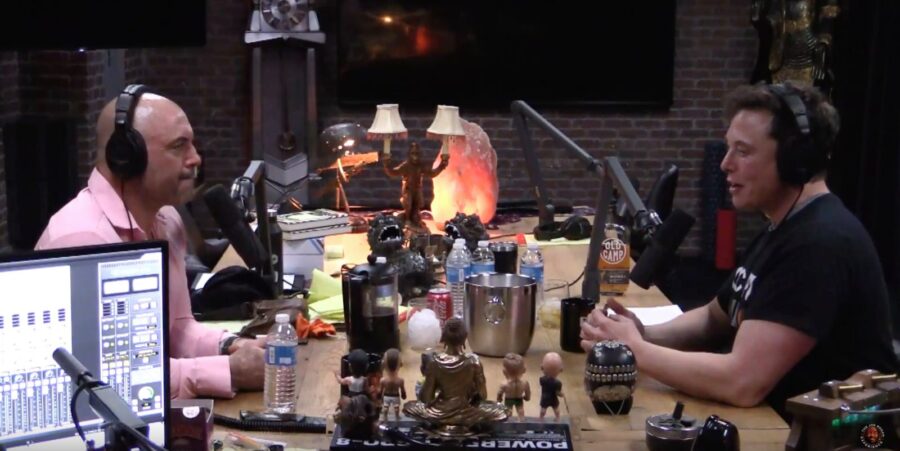
Simulation Theory is being given serious consideration by many of today’s intellectual heavy-hitters. PayPal, Tesla, and SpaceX founder Elon Musk is one of the biggest names in Simulation Theory. He spoke at length on The Joe Rogan Experience podcast going into great detail about why he feels there’s a high probability that we are living in a simulation.
“If you assume any rate of improvement at all, then games will be indistinguishable from reality, or civilization will end. One of those two things will occur,” Musk said. “Therefore, we are most likely in a simulation, because we exist.”
Musk continued. “I think most likely — this is just about probability — there are many, many simulations. You might as well call them reality, or you could call them multiverse.”
You can include superstar astrophysicist Neil deGrasse Tyson as a potential believer in simulation theory. In 2016 he hosted the Isaac Asimov Memorial Debate which covered this subject and came to his own conclusion in which he felt the likelihood of our universe being a simulation “may be very high”.
Tyson agrees with philosophers and physicists who claim that there is no way to prove we live in a simulation but also added he would not be surprised to somehow find out that our universe is responsible for others. He recently put the odds that we’re living in a simulation at 50-50.
One of the most popular arguments for simulation theory came in 2003 from Swedish philosopher Nick Bostrom. He calls his argument the Trilemma, three major points Bostrom says that at least one of them is true.
These points are…
- The human species is very likely to go extinct before reaching a “post-human” stage;
- Any post-human civilization is extremely unlikely to run a significant number of simulations of its evolutionary history (or variations thereof), and
- We are almost certainly living in a computer simulation.
While Bostrom stated, “Personally, I assign less than 50 percent probability to the simulation hypothesis — rather something like in 20 percent-region, perhaps, maybe…” nevertheless, he feels it possible.
Opposition To Simulation Theory As A Reality
Physicist Lisa Randall stands at the opposite end of both Musk and deGrasse Tyson. She says of Simulation Theory, “It’s just not based on well-defined probabilities. The argument says you’d have lots of things that want to simulate us. I actually have a problem with that. We mostly are interested in ourselves. I don’t know why this higher species would want to simulate us.”
Randall feels the odds the universe isn’t real are so low that they are “effectively zero.”
But it wasn’t only Randall who questioned this simulation theory. Dr. David Anderson, a computer scientist and mathematician at the University of California, Berkeley, used his COVID downtime to ponder the idea that we were living in a simulation. He used his teenage son as a sounding board.
If we were truly living in a simulation, he and his son pondered, then it would be fairly easy to make improvements to our lives by making tweaks to the software program that was running everything. “Being a programmer, I thought about exactly what these changes might involve,” he said in an email to The New York Times.
Dr. Anderson surmised, with the help of his son and eventually his colleagues, that if we were running on a software program, life could easily be made better individually for people and all around for the world. So, why isn’t it?
Is it because the “person” running this simulation simply a cruel being who loves to see pain and suffering amongst the many or are we simply just living in reality with no great overseer manipulating our every day?
The Root Of Simulation Theory
Simulation Theory finds its roots centuries ago in the French philosopher, scientist, and mathematician Rene Descartes, best known for his statement, “I think, therefore I am.” Descartes came to the conclusion that because he thinks, he can be certain that he exists. But in what form comes this existence?

Descartes wrote, “I have convinced myself that there is absolutely nothing in the world, no sky, no earth, no minds, no bodies.” Does it now follow that I too do not exist? No: if I convinced myself of something then I certainly existed. But there is a deceiver of supreme power and cunning who is deliberately and constantly deceiving me. In that case, I too undoubtedly exist, if he is deceiving me; and let him deceive me as much as he can, he will never bring it about that.”
“I am nothing so long as I think that I am something. So after considering everything very thoroughly, I must finally conclude that this proposition, I am, I exist, is necessarily true whenever it is put forward by me or conceived in my mind..”
Rene Descartes (Med. 2, AT 7:25)
What If Simulation Theory Is Real?
How likely is this, living a simulated life? There have been many instances that people have pointed to in trying to prove the simulation is real.
The Mandela Effect is one. People have claimed to remember TV coverage that Nelson Mandela died in the 1980s when he actually passed away in 2013, hence the name The Mandela Effect.
Another example of The Mandela Effect is people who recall the Berenstain Bears, a popular children’s book, being spelled as Berenstein.
What about the “rules” placed on our universe? Max Tegmark, an MIT cosmologist, says that possible evidence we live in a simulation can be seen by the universe’s strict laws of physics. “If I were a character in a computer game, I would also discover eventually that the rules seemed completely rigid and mathematical.”
Ultimately though, being able to prove we live in a simulation may be harder to prove and even harder to duplicate. Scientists have yet to figure out how to simulate a universe, but this ability may not be far off. Physicists are constantly trying to put together the laws governing how the universe works.
How does Simulation Theory change your outlook on life and should it? How does a person go about their every day if Simulation Theory is true?
Maybe gamers would enjoy it, living out a real-life Sims or Grand Theft Auto. But for the average person, the questions raised by the potential reality of Simulation Theory are endless.
What happens when the Simulation ends? Do you come back as a different character? Accepting Simulation Theory as real could cause a person to look at their life and everything around them in a different light.
Do you take life more seriously? Do you view things with a keener eye or even more importantly, do your controllers allow you to view things with a keener eye?
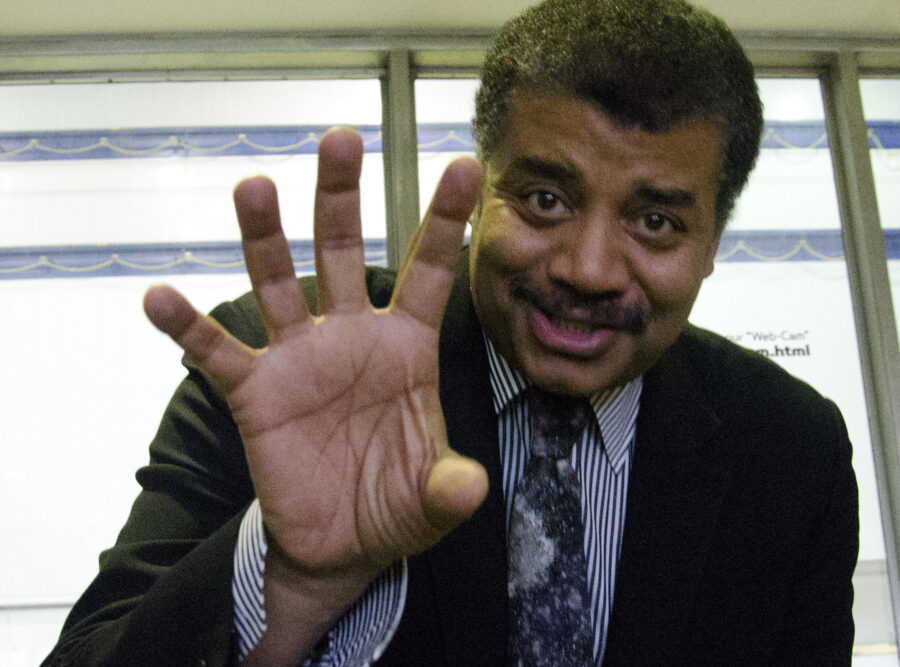
Neil deGrasse Tyson had this to say about the best way to live in a world where Simulation Theory is real: “And if that’s the case, it is easy for me to imagine that everything in our lives is just the creation of some other entity for their entertainment,” Tyson says.
“I’m saying, the day we learn that it is true, I will be the only one in the room saying, ‘I’m not surprised.'”
Neil deGrasse Tyson
Latest Simulation Theory Articles
We Are Living In A Simulation According To New Surprising Evidence
The theory that life as we know it is simply a simulation has existed for some time, and has continued …
Continue reading “We Are Living In A Simulation According To New Surprising Evidence”
The Matrix Is Real? New Research Delivers Startling Possibility
Are we living in a simulation? It’s a question that has weighed heavily on the minds of humanity ever since …
Continue reading “The Matrix Is Real? New Research Delivers Startling Possibility”
Scientist Is Going To Prove The Matrix Is Real By Hacking It, Here’s How
A scientist is planning to prove The Matrix theory by attempting to hack the simulation that many believe we live in.
New Study Will Test If We Live In A Simulation
A physicist named Melvin Vopson is crowdfunding to raise money for a machine that will prove the simulation theory.
China Has A Computer Powerful Enough To Simulate Reality
China has just published a paper in the journal Science, in which they describe Jiuzhang, their photonic quantum computer, that demonstrated quantum supremacy.
There’s A 50-50 Chance We’re Living In A Simulation
The evidence is beginning to mount and now researchers are putting the odds that we’re living in a simulation at 50%.

